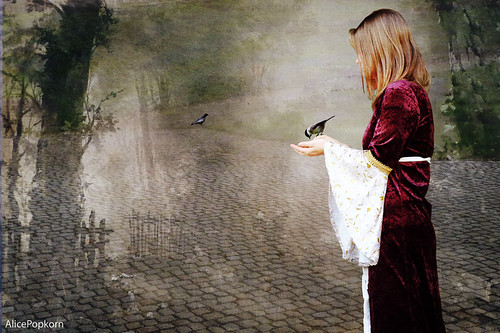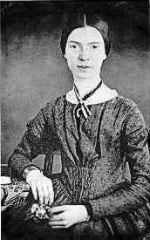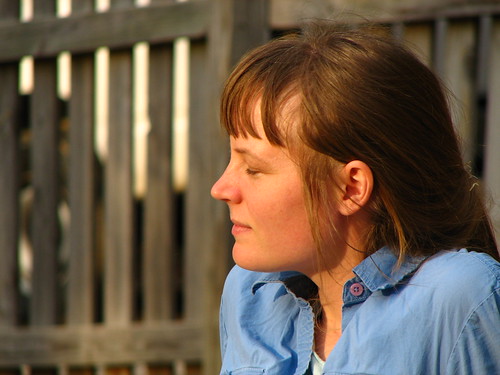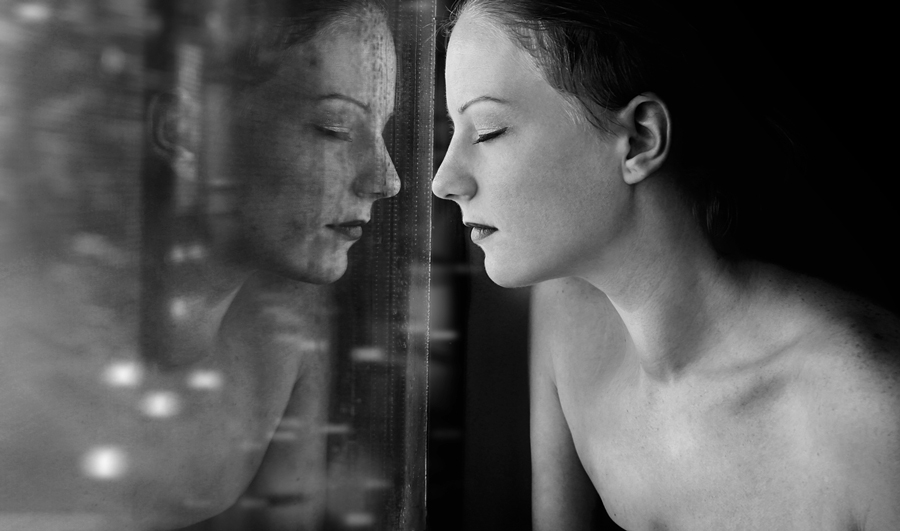Naked in the Bee-House
by Hakim Sanai
English version by Coleman Barks
Being humble is right for you now.
Don’t thrash around showing your strength.
You’re naked in the bee-house!
It doesn’t matter how powerful
your arms and legs are.
To God, that is more of a lie
than your weakness is.
In his doorway your prestige
and your physical energy are just dust
on your face. Be helpless
and completely poor.
And don’t try to meet his eye!
That’s like signing a paper
that honors yourself.
If you can take care of things, do so!
But when you’re living at home with God,
you neither sew the world together
with desires nor tear it apart
with disappointments.
In that place existence itself
is illusion. All that is, is one.
Lost in that, your personal form
becomes a vast, empty mosque.
When you hold on to yourself,
you’re a fire-worshipping temple.
Dissolve, and let everything get done.
When you don’t, you’re an untrained colt,
full of erratic loving and biting.
Loyal sometimes, then treacherous.
Be more like the servant who owns nothing
and is neither hungry nor satisfied,
who has no hopes for anything,
and no fear of anyone.
An owl living near the king’s palace
is considered a bird of misfortune,
ragged and ominous. But off in the woods,
sitting alone, its feathers grow splendid
and sleek like the Phoenix restored.
Musk should not be kept near water or heat.
The dampness and the dryness spoil
its fragrance. But when the musk is at home
in the musk bladder, fire and wetness
mean nothing. In God’s doorway your guilt
and your virtue don’t count.
Whether you’re Muslim, or Christian, or
fire-worshipper, the categories disappear.
You’re seeking, and God is what is
sought, the essence beyond any cause.
External theological learning moves like a moon
and fades when the sun of experience rises.
We are here for a week, or less.
We arrive and leave almost simultaneously.
To be is not to be.
The Qur’an says, “They go hastening,
with the Light running on before them.”
Clear the way! Muhammed says, “How fine!”
A sigh goes out, and there is union.
Forget how you came to this gate, your history.
Let that be as if it had not been.
Do you think the day plans its course
by what the rooster says?
God does not depend on any of his creatures.
Your existence or non-existence is insignificant.
Many like you have come here before.
When the fountain of light is pouring,
there’s no need to urge it on!
That’s like a handful of straw
trying to help the sun. “This way!
Please, let this light through!”
The sun doesn’t need an announcer.
The lamp you carry is your self-reliance.
The sun is something else!
Half a sneeze might extinguish your lantern,
whereas all a winter’s windiness
cannot put That out.
The road you must take has no particular name.
It’s the one composed of your own sighing
and giving up. What you’ve been doing
is not devotion. Your hoping and worrying
are like donkeys wandering loose,
sometimes docile, or suddenly mean.
Your face looks wise at times,
and ashamed at others.
There is another way, a pure blankness
where those are one expression.
Omar once saw a group of boys on the road
challenging each other to wrestle.
They were all claiming to be champions,
but when Omar, the fierce and accomplished
warrior, came near, they scattered.
All but one, Abdullah Zubair.
Omar asked, “Why didn’t you run?”
“Why should I? You are not a tyrant,
and I am not guilty.”
When someone knows his own inner value,
he doesn’t care about being accepted
or rejected by anyone else.
The prince here is strong and just.
Stand wondering in his presence.
There is nothing but That.
 — from The Hand of Poetry: Five Mystic Poets of Persia, with Lectures by Inayat Khan, Translated by Coleman Barks
— from The Hand of Poetry: Five Mystic Poets of Persia, with Lectures by Inayat Khan, Translated by Coleman Barks
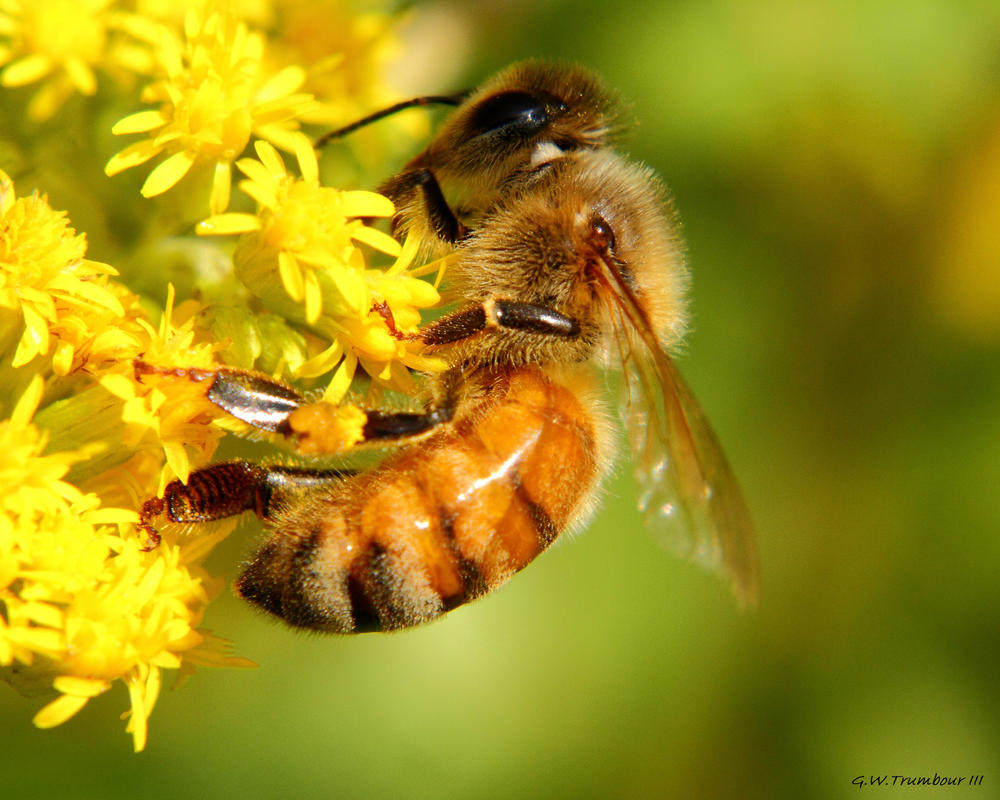
/ Image by natureguy /
The cruelties of the world can make us feel like we are naked in the bee-house, entirely vulnerable, (Ooh. That image can make a person twitch with unease.) We’re not necessarily just talking about cruelties and frightening experiences, either. All experiences, even the pleasurable and satisfying, those too can overwhelm us. Trying to match human force against the endless variety of experience and sensory input is like standing naked in a bee house while boasting of our strength.
It doesn’t matter how strong or capable we imagine ourselves to be. Even Bruce Lee can’t fend off a swarm of bees if they are angered. The only appropriate response is humility and awareness.
There are so many delightful lines and images in this poem, but I thought I’d focus on a short section that is not the most transfixing on a poetic level, but one that I keep returning to…
If you can take care of things, do so!
But when you’re living at home with God,
you neither sew the world together
with desires nor tear it apart
with disappointments.
That first statement — “If you can take care of things, do so!” — immediately negates the temptation to interpret the poet’s words as a justification for passivity. We are given bodies for one purpose: to interact in a world of action. We are not disconnected spectators. As body dwellers, we are inherently beings of action, and being interconnected we act with each other and for each other.
But the intensity of action and the world perceived by the senses can confuse us, leading us to imagine that reality is somehow held together by our actions and injured by our failures. This belief leads to inflation of ego in success, and a crippling psychic burden when success evades us.
And then we get caught in the cycle of taking only actions we think will succeed and avoiding all others. Our actions grow smaller, safer, more predictable. We all feel this gravitational pressure to some extent.
But– when we remember that we are first and foremost beings with vast interior spaces, beings of awareness and intention, we break that ever tightening cycle. We step free from the idea of a mechanical world of action and reaction, action graded with a pass or fail. Instead, we understand action as a form of ritual. We begin to see action as enaction. Action flows outward from those great interior halls of the heart. Action becomes expression.
Yes, we still strive to take effective action, we measure the results and improve future actions, but we are not enthralled by those results. We take action simply because it is our nature to act. And we act because the awakening heart prompts us to act. The results are left to that greater Reality. Freed from “results” and “success,” we can then act in ways that are right for the simple reason that it is right.
Right action heals in ways that even “success” cannot match.
In Hinduism, this might be called Karma Yoga. I prefer not to call it anything. It is simply the nature of being in the world.
Have a beautiful day, inside and out.
Recommended Books: Hakim Sanai
Continue Reading »
 — from The Longing in Between: Sacred Poetry from Around the World (A Poetry Chaikhana Anthology), Edited by Ivan M. Granger
— from The Longing in Between: Sacred Poetry from Around the World (A Poetry Chaikhana Anthology), Edited by Ivan M. Granger